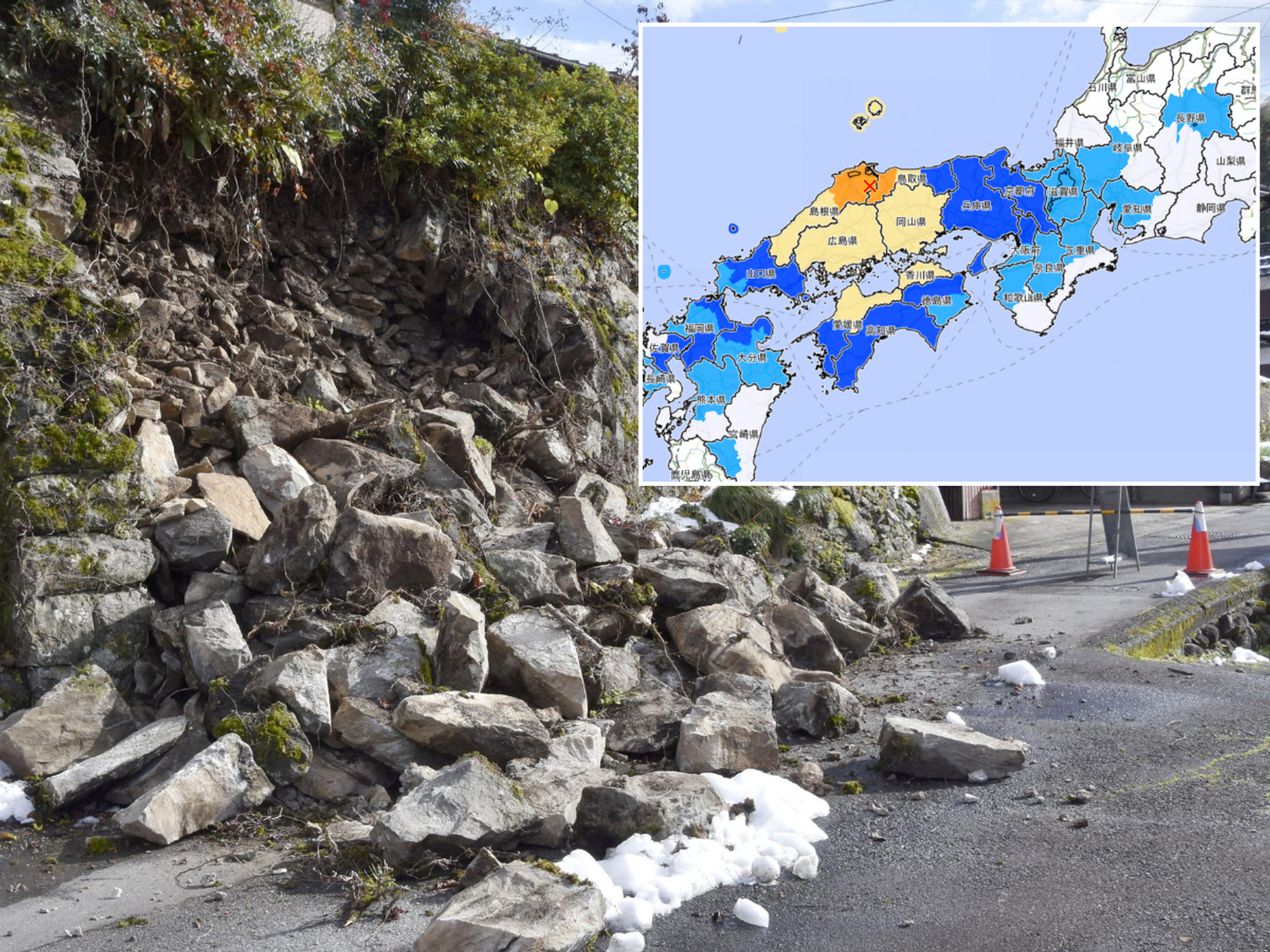Travellers warned over mosquito risk as chikungunya cases climb among people returning to the UK
Cases in Britain have more than doubled compared to last year
Don't Miss
Most Read
Trending on GB News
Travellers have been told to be wary of mosquito bites on holiday as the number of chikungunya cases in the UK climbs.
The virus can cause fever and debilitating joint pain which has been known to last years.
Of the 73 cases reported in the UK so far this year, the majority were in London, and have been linked to travel to Sri Lanka, India and Mauritius.
**ARE YOU READING THIS ON OUR APP? DOWNLOAD NOW FOR THE BEST GB NEWS EXPERIENCE**
In comparison, last year, only 27 cases were reported in the same January to June period.
The virus is spread by mosquitoes, and cannot be spread directly from person to person.
The aedes mosquito, which is responsible for the illness, is not yet present in the UK, meaning if someone is ill here, they will not pass on the infection.
However, Dr Philip Veal, from the UK Health Security Agency (UKHSA), called the rise in cases "worrying".

The aedes mosquito is responsible for spreading the chikungunya virus
|GETTY
He said: "It is essential to take precautions against mosquito bites when travelling.
"Simple steps, such as using insect repellent, covering up your skin and sleeping under insecticide-treated bed nets can greatly reduce the risk."
Although the infection is usually found in Asia and Africa, cases have been increasingly reported in Europe and North America this year.
Two vaccines are available in the UK from private travel clinics to protect against the disease.
OUTBREAK WARNINGS - LATEST:
- Deadly fungus labelled 'global threat' found in Britain amid worldwide alarm
- Two dead and over a dozen hospitalised after eating bacteria-infested sausage sandwiches
- Britons issued fresh stomach bug warning as E.coli cases surge by more than 25%
- Measles: Medics urge parents to vaccinate children ahead of new academic year

The infection is usually found in Asia and Africa
|GETTY
The UKHSA also confirmed that the first cases of the Oropouche virus have been reported in the UK.
Spread by mosquito and midge bites, all three reported cases have been linked to travel to Brazil.
The virus was originally identified in the 1950s in Trinidad and Tobago, and had been largely confined to the Amazon area.
However, in recent years, cases have been increasing and appearing in places such as the Dominican Republic, Cuba, and Peru.
Symptoms of Oropouche include headache, fever, muscle and joint pain, nausea and vomiting.
Anyone with these symptoms who has recently travelled to Central and South America, or the Caribbean is advised to get urgent medical advice.
Although most people are able to recover without treatment, it can cause severe problems for the elderly or those with a weak immune system.
More From GB News











